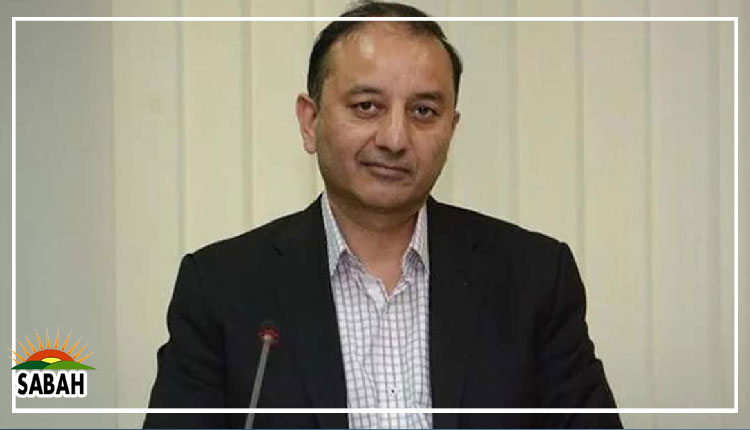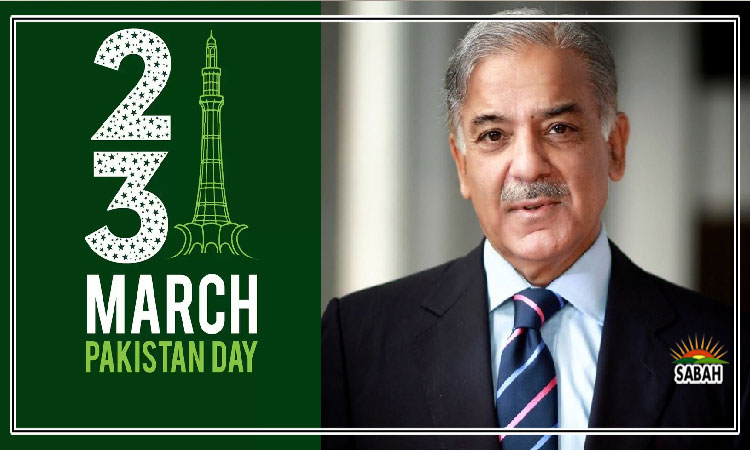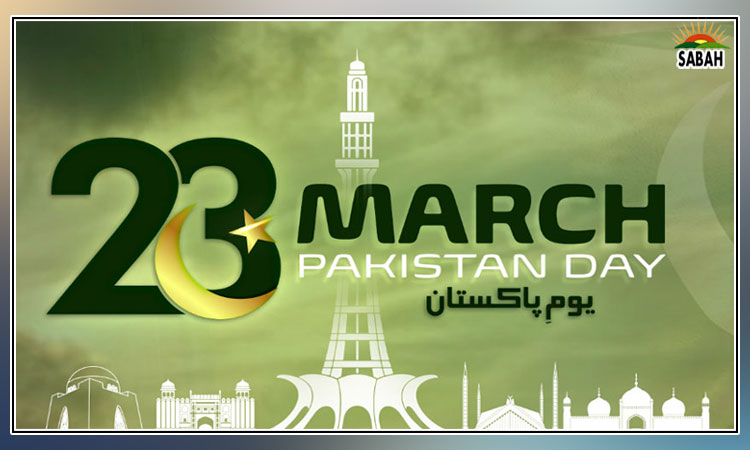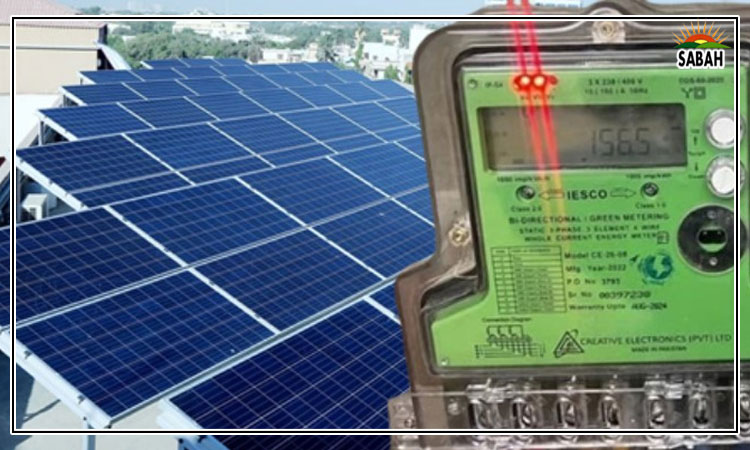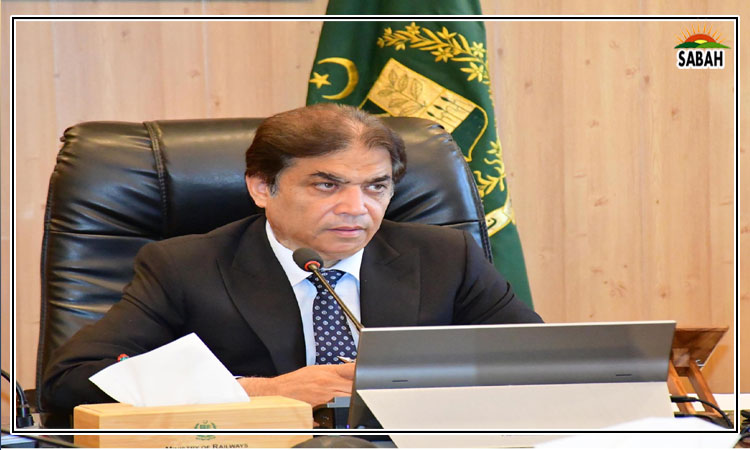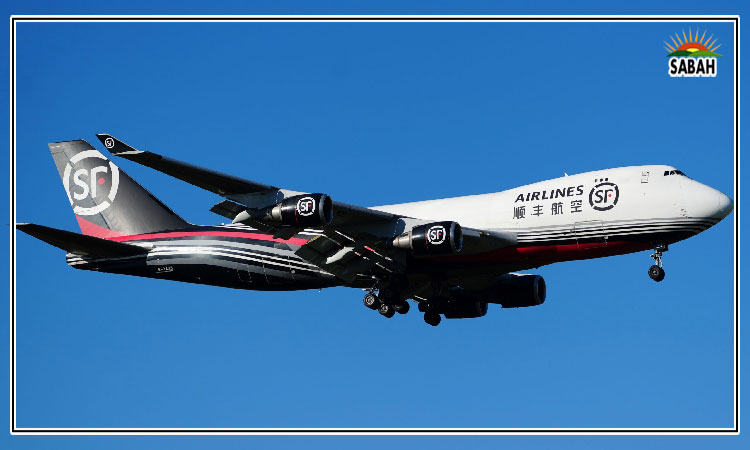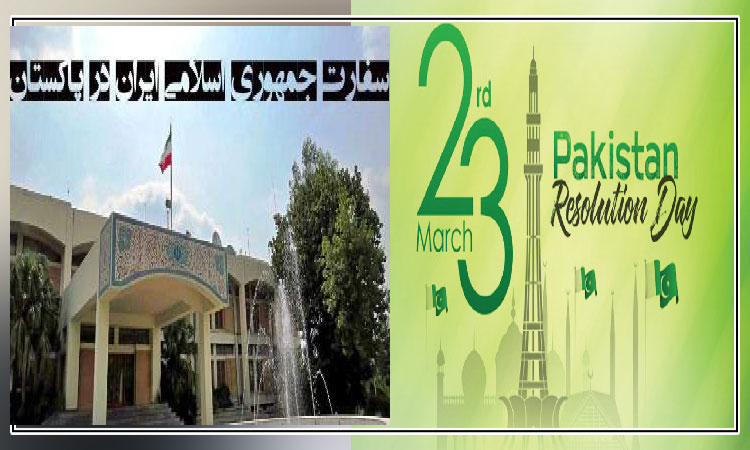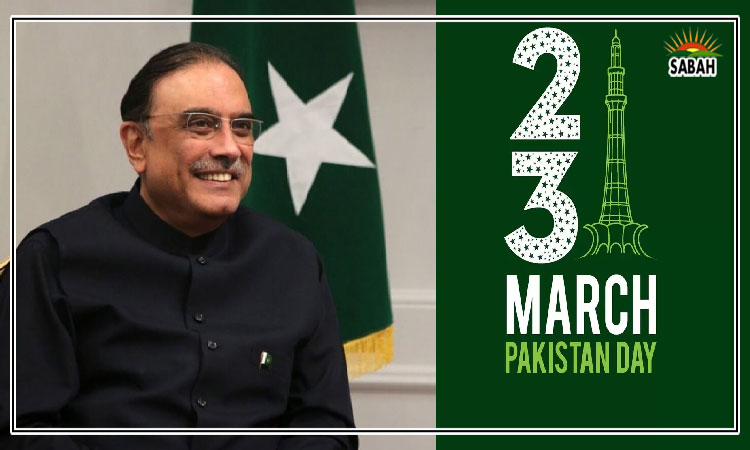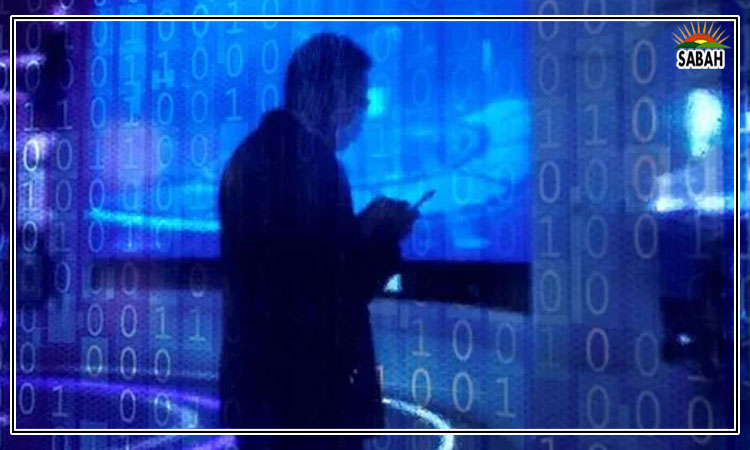The great firewall of Pakistan…Omar Quraishi
The Pakistan governments quest for a social media that is free of any dissent or criticism of state institutions and contains little or no support for a particular politician and party has led it to install what is being called an internet firewall.
The result has been that for the past many weeks, the speed of the internet has often crawled to an agonizing halt users have complained of slow or no internet surfing and even exchanging text messages on WhatsApp (which doesnt require much data) has become difficult.
During this period, many sections of society have come forward and made complaints. Given that Pakistans IT exports in 2023-24 crossed $3 billion for the first time and were 24 per cent higher than the previous fiscal year this is perhaps the worst time to impose a clampdown on the internet. And regardless of what the government and its minister will say, this is precisely what it is.
When the quality and speed of the internet began to be negatively impacted, freelancers who rely on the internet for their livelihood began speaking out on social media. Fiverr said that it was marking freelancers based out of Pakistan as unavailable since the unreliability of the internet and frequent slowdowns meant that they couldnt always deliver on commissioned work. Then the business community joined in and as did the Pakistan Software Houses Association (P@SHA) which said that the economy would lose up to $300 million as a result of the internet disruptions.
The pressure all this built up in the media eventually brought forth a statement in July from IT Minister Shaza Fatima Khawaja who said that a firewall was being installed not for the purpose of censorship but to increase cybersecurity. A month later, in August, the minister said at a press conference that the government had not blocked the internet or done anything to slow it down. She said further that the low speed may have been caused by internet users using VPNs. That is not a correct answer at all from a purely technical standpoint and perhaps the minister would have been better off not saying anything at all in this regard, not least because it exposed her to considerable public ridicule, and much of it was aired on social media.
The minister also accused the media of blowing the firewall issue out of proportion, but it has to be said that her own statements on the matter have been changing and at times contradictory.
A few days later we had the head of the state-run Pakistan Telecommunication Authority Maj-Gen (r) Hafeezur Rehman came on a TV show and said that an internet firewall had been in place in Pakistan for some time and that it was the PTI government that in 2019 had decided to upgrade it. He said that the current process was a result of that decision by the former PTI government to upgrade it. Clearly, the suggestion was that one of the biggest critics of the firewall the PTI had itself approved the upgrade when it was in government. That still, however, doesnt justify such an extreme level of blanket monitoring.
Both statements failed to mollify the criticism and rightly so.
The most recent explanation for the ongoing slowdown is a statement by the PTA that the issue will be settled by early October and that it is linked to a faulty internet submarine cable SMW-4. It said that the problem happened in mid-June and that the issues related to connectivity and slow speed were related to the ongoing repair work. That said, this reason was never given earlier by the PTA so one would have to consider its veracity with a pinch of salt.
Its not as if other countries havent taken similar measures. For the past many years, India has ranked top among governments asking social media companies to take down posts. A federal judge in India only last week directed the blocking of X/Twitter after the social media platform refused to appoint a legal representative in the country by a court-stipulated deadline.
Pakistan has to decide whether it wants its economy to improve and whether it wants to stay connected with the outside world, and whether its citizens are able to exercise their right to a livelihood by using the internet to tap a growing worldwide online jobs market.
It also needs to understand that at some point in time all the bans and prohibitions will have to be undone if the country is to continue to be part of a globalized community of nations. Or does it want to be part of a small group of countries that keep a tight leash on the internet and what their citizens say on it, because the objective is to stifle dissent and freedom of expression in the garb of safeguarding national security and law and order. And it cant really fool the people with changing and contradictory statements on the firewall.
The writer is a journalist based in Karachi. He tweets/posts @omar_quraishi and can be reached at: omarrquraishi@gmail.com
Courtesy The News


